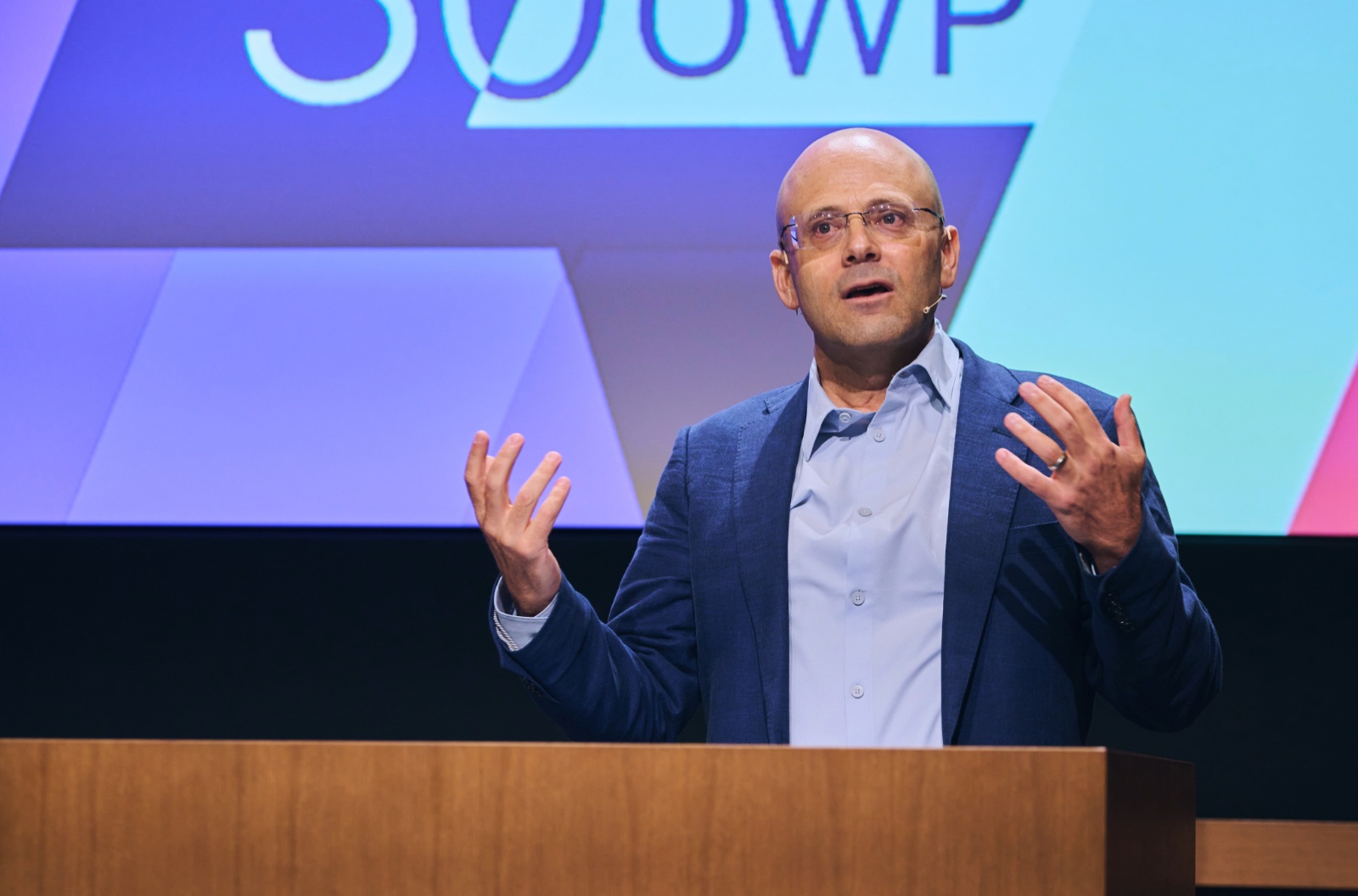
The rising spectre of protectionism: Trump and the global trade agenda
We are all in a state of shock. There was no prediction, or warning, that Donald Trump would be the 45th President of the United States, let alone that his victory would be crushingly decisive. Wow! Even the shock of Brexit pales into comparison. As a middle-ranking power, Britain is a minor actor on the global geopolitical stage. We are talking here about the United States of America, the world’s major power by far, dominant on the global stage, albeit facing a rising Chinese power. This victory will clearly have myriad consequences, both intended and unintended! We should have been more attuned as my friend Nik Gowing urged in his landmark report to Thinking the Unthinkable.
The Trump victory undoubtedly corresponds to what author Nassim Nicholas Taleb termed a “black swan”. It was off our radar screens, all polls indicated Clinton would win; it has had and will have a huge impact; yet it becomes logical and clear with the benefit of hindsight.
In one respect, especially the third point applies: trade. The closest thing we can have to a certitude in terms of consequences of Trump’s victory is that protectionism will increase, in the US, but through retaliatory moves everywhere. The threat of an outright trade war between China and the US, present for some time on the horizon, is now getting closer.
A rise in American and global protectionism, however, would not be a “trend breaker”, but the intensification of an existing trend. Since the beginning of this century, the global trade agenda has been moribund. The WTO Doha Development Round launched in 2001 was thwarted at the Cancún ministerial conference in 2003. In 2005, The Evian Group warned that Doha was a dying duck. This was stridently denied by most policy makers, who then and for the ensuing years have engaged not in thinking the unthinkable but in wishful thinking. Doha is dead!
Whereas Trump is an overt protectionist, the trade policy makers in the administration of his two predecessors, George Bush and Barack Obama, were closet protectionists. The main obstacle to pursuing an open rules-based multilateral trade agenda has arisen due to the inability of the erstwhile dominant actors, US, Europe and Japan, to adjust to the emergence of new actors, especially China, but also other so-called “emerging economies”.
The most recent blatant manifestation of this failure has been the “mega-regionals”, notably the Transatlantic Trade and Investment Partnership (TTIP) and Trans Pacific Partnership (TPP), both of which flagrantly discriminate against the new actors, especially, again, China, but also India, Brazil, South Africa, and all least developed countries. The mega-regionals are also blatantly politicised, using trade as a weapon to achieve geopolitical ends: as Obama’s Secretary for Defence, Ash Carter, shamefully admitted, “TPP is like having an extra aircraft carrier”.
The good news is that with Trump’s election it is reasonably certain they will be buried. The bad news is that there is no solid rules-based multilateral global trade framework. As things currently stand, the global trade institution (the WTO) is cavernous, while the protectionist rhetoric, especially, but not exclusively, against China has become more threatening and strident.
There is an urgent imperative for those who wish to promote a sustainable, inclusive, equitable and dynamic global rules-based multilateral agenda to rally forces. The situation is highly critical and, as things currently stand, could get much worse. The spectre of protectionism and global trade wars is terrifying and must be taken seriously.
Jean-Pierre Lehmann is Emeritus Professor of International Political Economy at IMD and visiting professor at Hong Kong University.
Research Information & Knowledge Hub for additional information on IMD publications
When the leaders of the Brics group of developing countries gather on Sunday for their 17th annual summit, the backdrop is one of the most geopolitically volatile the bloc has faced in years, with trade tension, regional conflicts and energy insta...
When Chinese Premier Li Qiang addressed the World Economic Forum’s “Summer Davos” in Tianjin, China, his message was clear: China must become a “mega-sized” consumption powerhouse. Not just the world’s factory, but its market too. His words underl...
For years, multinational companies operated in the Middle East with the belief that while politics could flare up, trade would largely continue. That assumption, while once reasonable, is now under serious strain. The war between Israel and Iran l...
To understand America’s aggressive shift on trade, you must first grasp the silent, slow building, decades-long erosion of American middle-class prosperity. This shift began well before President Trump and will outlive him. It is rooted in the col...
Donald Trump has been called many things but his newest label – the great unifier of Europe – might just stick. That provocative notion may raise eyebrows in Brussels, Paris, or Berlin, but Mr Trump’s return could be the shock that finally compels...
After more than a decade of war and isolation, Syria is edging back into the global economy. The signs are familiar: commercial flights have resumed, sanctions are being eased and its debts are being cleared. Gulf investors are circling. Infrastru...
The US deal granting it future revenue and access to Ukraine’s mineral sector raises a broader question: is this the beginning of a model for American foreign policy, one that links strategic resource access to long-term diplomatic and financial c...
Research Information & Knowledge Hub for additional information on IMD publications
Research Information & Knowledge Hub for additional information on IMD publications
Research Information & Knowledge Hub for additional information on IMD publications
Research Information & Knowledge Hub for additional information on IMD publications
Research Information & Knowledge Hub for additional information on IMD publications
in Gensler, Gary (Ed.); Johnson, Simon (Ed.); Panizza Ugo (Ed.); Weder di Mauro, Beatrice (Ed.) / The Economic Consequences of The Second Trump Administration: A Preliminary Assessment, pp. 239-244 / PAris: CEPR Press, 2025
Research Information & Knowledge Hub for additional information on IMD publications
Published by International Institute for Management Development ©2025
Research Information & Knowledge Hub for additional information on IMD publications
Research Information & Knowledge Hub for additional information on IMD publications
Research Information & Knowledge Hub for additional information on IMD publications
Research Information & Knowledge Hub for additional information on IMD publications




